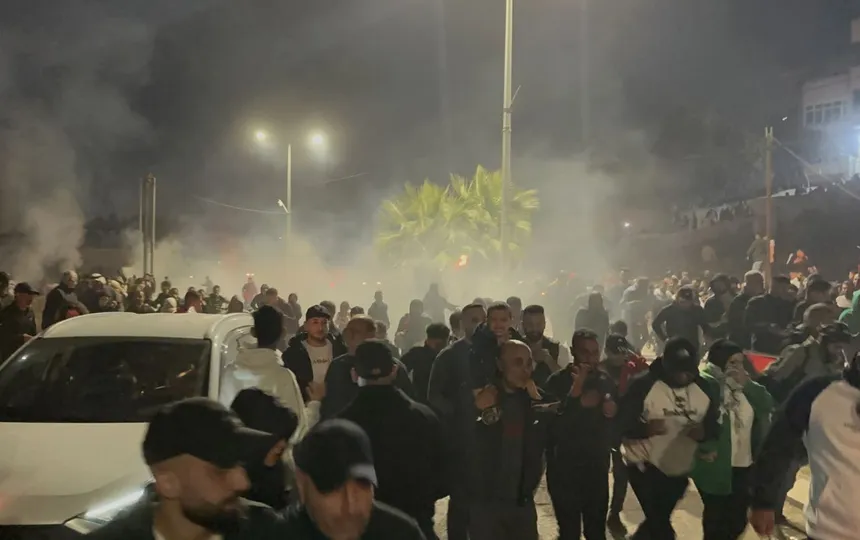The ongoing Gaza conflict, which has claimed the lives of thousands of Palestinians and Israelis, has seen various attempts to broker a ceasefire. One such proposal, backed by the United States, has been met with a mix of responses from Hamas, the militant group controlling the Gaza Strip. According to Hamas, the group has submitted its response to the proposal, which it says includes amendments to address its concerns.
The US-backed proposal, announced last month by US President Joe Biden, calls for a three-phase plan in which Hamas would release the remaining hostages in exchange for a lasting ceasefire and the withdrawal of Israeli forces from Gaza. The proposal has been met with skepticism by Israeli Prime Minister Benjamin Netanyahu, who has given conflicting signals on whether Israel would accept the deal.
Hamas, for its part, has expressed wariness over whether Israel would implement its terms, particularly provisions for an eventual permanent end to fighting and full Israeli withdrawal from Gaza. The group has also sought assurances that Israel would not resume the war, a concern that has been echoed by the international community.
The proposal has undergone a significant overhaul since its initial announcement, with key provisions aimed at addressing the concerns of both sides. Although Hamas has accepted the proposal with amendments, the transition from the first to the second phase remains a sticking point. The group wants to ensure that Israel commits to a lasting ceasefire, while Israel is wary of prolonged negotiations.

Emotional Reunions as Hamas Releases Israeli Hostages Amid Controversy and Celebrations
The international community has continued to press for a ceasefire, with UN Secretary-General Antonio Guterres calling for all border crossings to be opened and for humanitarian aid to be allowed into Gaza. The UN has also announced plans to increase the amount of aid flowing to the region, with over $400 million in additional funding committed to support Palestinians in Gaza and the wider region.
Despite the lack of a clear resolution, the international community remains committed to finding a solution to the crisis. As US Secretary of State Antony Blinken said, “The ceasefire that would take place immediately would remain in place, which is manifestly good for everyone. And then we’ll have to see.”
The proposed ceasefire has significant implications for both Israelis and Palestinians, with the potential to bring an end to the violence and suffering that has plagued the region for months. However, the path to a lasting solution remains fraught with challenges, as both sides must navigate their differences and work towards a common goal of peace and stability.











































